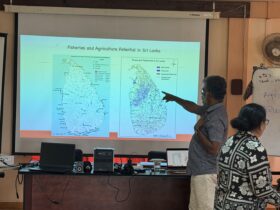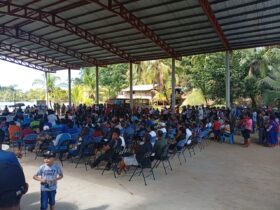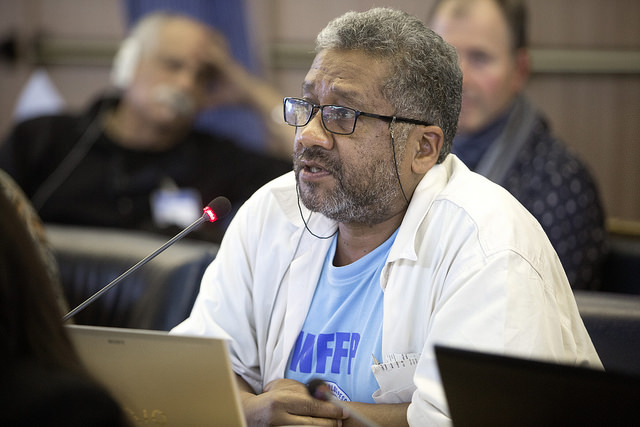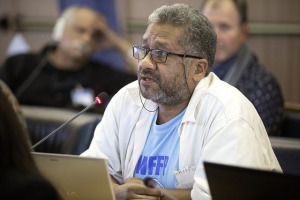Statement made by: Naseegh Jaffer For the Global Civil Society Group (incorporating WFFP)
President, on behalf of the Civil Society Mechanism, we warmly welcome the initiative of the FAO Committee on Food Security to organize a policy round table on “Sustainable Fisheries and Aquaculture for food security and nutrition”, and we commend the report of the High Level Panel of Experts on Food Security and Nutrition (HLPE) on “Sustainable fisheries and aquaculture for food security and nutrition” as an important contribution to our understanding of the constraints and opportunities for increasing the contribution of fisheries and aquaculture to food security and nutrition.
However, we feel that the strategically important contribution of small scale fisheries and aquaculture to sustaining food security and nutrition has not been afforded the attention it deserves, given that this sector provides over 60% of the fish destined for direct human consumption, and employs most of the workers in the sector. The contribution of small scale fisheries and aquaculture could be significantly improved if the imbalances of power in the food system and throughout the fishery value chain are addressed, and if the efforts of small scale fishworkers to feed their families and their communities are effectively supported. The Voluntary Guidelines on Securing Sustainable Small-scale Fisheries in the context of food security and poverty eradication (SSF Guidelines), if implemented in an appropriate manner, represents a vital tool in this regard.
On privitasation
In a context of a growing demand for fish, we are faced with a worryingly rapid and poorly regulated increase in aquaculture production and its geographic expansion. Likewise, capture fisheries, both inland and marine, face increasing competition for aquatic and terrestrial spaces from other interests, including energy production, oil and gas exploration and extraction, mass tourism, and real estate speculation. Small-scale fisheries in particular face the threat of their customary fishing and living areas being privatized to benefit powerful interests, often supported by banks and global capital funds, through which large segments of common property land and water become privatized for non-fishery uses, often under the guise of conservation.
Thank you







1 Comment